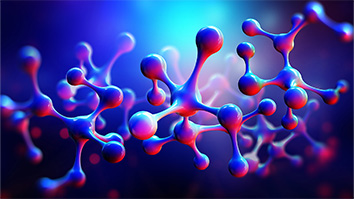Citation
Baker, F. C., Colrain, I. M., & Trinder, J. (2008). Reduced parasympathetic activity during sleep in the symptomatic phase of severe premenstrual syndrome. Journal of psychosomatic research, 65(1), 13-22.
Abstract
Objective
Severe premenstrual syndrome (PMS) is a common distressing disorder in women that manifests during the premenstrual (late-luteal) phase of the ovulatory menstrual cycle. There is some evidence that altered autonomic function may be an important component of PMS, but few studies have used heart rate variability (HRV) as a sensitive marker of autonomic activity in severe PMS, and findings are conflicting.
Methods
We investigated HRV during sleep, a state that is relatively free of external disruptions, in 9 women with severe PMS and 12 controls.
Results
The normal-to-normal (NN) RR interval was shorter during the sleep period in women with PMS than in controls in both the follicular and the late-luteal phases of the menstrual cycle. The standard deviation of all NN intervals, a measure of total variability in the interbeat interval, was lower during the sleep period in the late-luteal phase than in the follicular phase in women with PMS. The square root of the mean of the sum of the squares of differences between adjacent NN intervals, a measure reflecting high-frequency (HF) activity, showed a similar pattern. HF power, a marker of parasympathetic activity, was lower during non-rapid eye movement (non-REM) and REM sleep in the late-luteal phase than in the follicular phase in women with severe PMS. Controls had a shorter NN interval, but similar HRV measures, in the late-luteal phase compared with the follicular phase.
Conclusion
These results suggest that women with severe PMS have decreased parasympathetic activity during sleep in association with their premenstrual symptoms in the late-luteal phase compared with the follicular phase when they are symptom-free.


